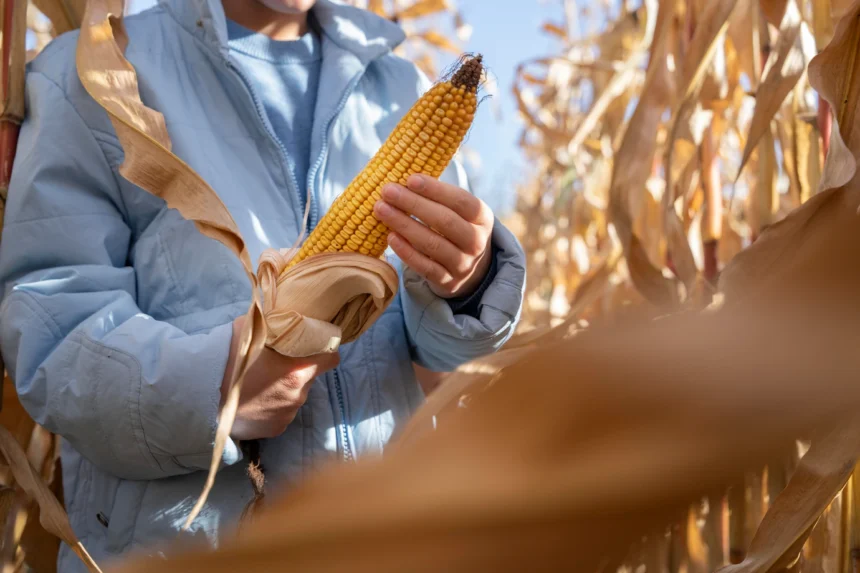Maize farming plays a vital role in South Africa as both a staple crop and an economic driver. Maize, also known as corn, is one of the most important crops in the country and is widely cultivated across different regions. Here’s an overview of maize farming in South Africa:
- Importance as a Staple Crop: Maize is a staple food for the majority of South Africans, especially in rural areas. It is a key component of the local diet and is consumed in various forms, including maize meal, maize flour, and as a whole grain. Maize provides essential nutrients and calories, making it a crucial food source for the population.
- Economic Significance: Maize farming has a significant impact on South Africa’s economy. The country is one of the largest producers of maize in Africa and globally. The maize industry contributes to agricultural output, creates employment opportunities, and generates income for farmers, agribusinesses, and the overall economy.
- Agricultural Practices: Maize farming in South Africa involves different agricultural practices, depending on the region and farming system. The cultivation of maize includes land preparation, planting, fertilization, pest and weed control, and harvesting. Farmers utilize various techniques such as mechanization, irrigation, and crop rotation to optimize yields and manage risks.
- Climate and Growing Regions: South Africa has diverse climatic conditions, allowing for maize cultivation in different regions. The country experiences both summer and winter rainfall patterns. The primary maize-growing areas include the Free State, Mpumalanga, North West, KwaZulu-Natal, and Gauteng provinces. These regions provide suitable conditions for maize production, including adequate rainfall, fertile soils, and favorable temperatures.
- Hybrid Maize Varieties: South African farmers predominantly grow hybrid maize varieties. These hybrids are developed through crossbreeding to exhibit desirable traits such as high yield potential, disease resistance, and adaptation to specific agroecological conditions. The use of hybrid seeds has significantly increased maize productivity in the country.
- Government Support: The South African government recognizes the importance of maize farming and provides support to the sector. This support includes agricultural extension services, research and development, access to credit and subsidies, and market facilitation. Government initiatives aim to enhance productivity, promote sustainable farming practices, and ensure food security.
- Export Potential: Besides meeting domestic demand, South Africa exports maize to neighboring countries and international markets. Maize exports contribute to foreign exchange earnings and strengthen trade relationships. However, export levels may vary depending on domestic production, market conditions, and regional demand.
- Challenges: Maize farming in South Africa faces various challenges. These include climate change impacts, such as droughts and extreme weather events, pests and diseases, market fluctuations, and access to resources and technology. Additionally, land reform policies, transformation, and the empowerment of emerging farmers are ongoing priorities for the agricultural sector.
Overall, maize farming in South Africa serves as a critical source of food and income, driving rural livelihoods and contributing to the nation’s economy. It plays a crucial role in ensuring food security, supporting agricultural development, and fostering socio-economic progress.
Join 'Farmers Mag' WhatsApp Channel
Get the latest Farming news and tips delivered straight to your WhatsApp
CLICK HERE TO JOIN






